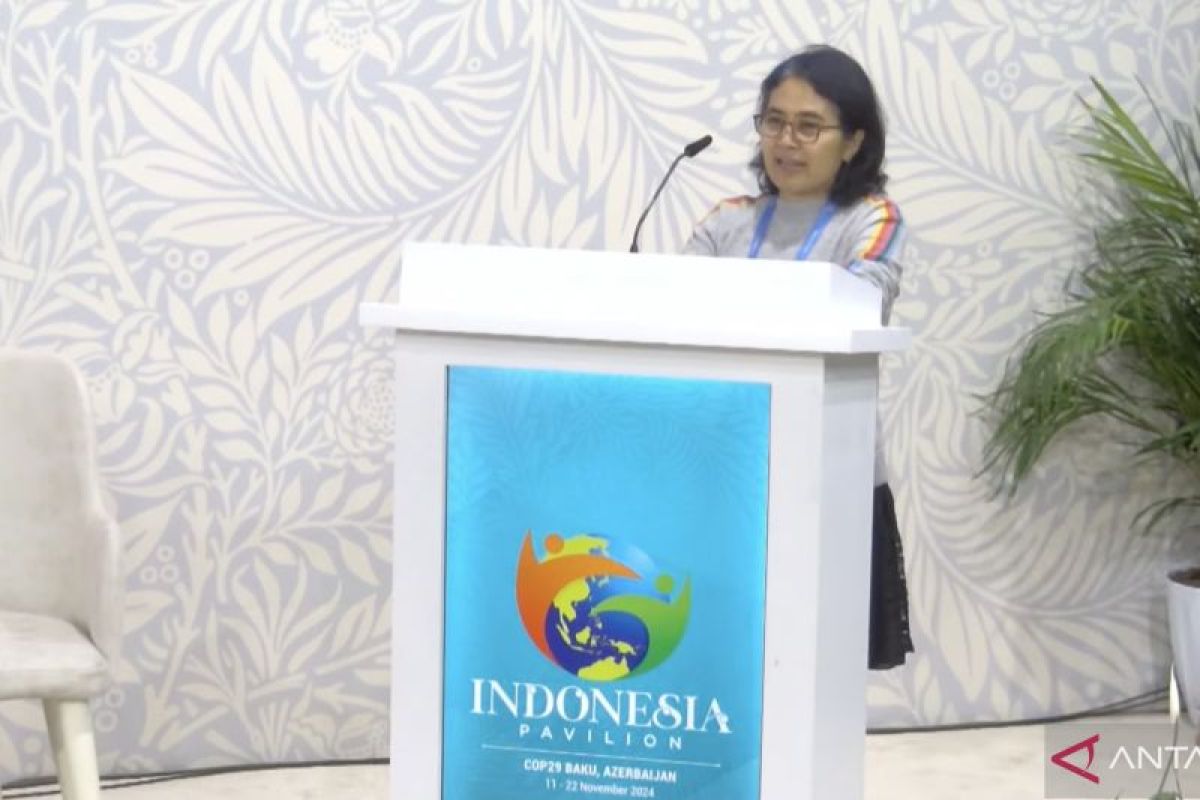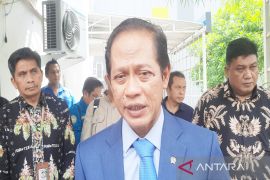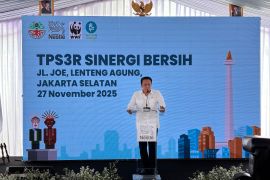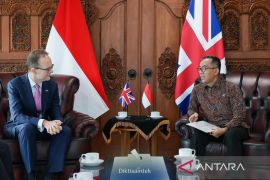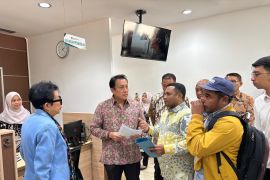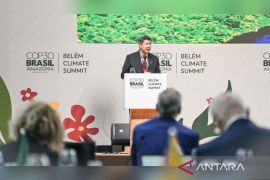"It is very important to identify the negative impacts of climate change on the sea and coastal ecosystems and limit their impacts through emission reductions, adaptation, as well as continuing to conduct research and effective marine management," she stated during a discussion at the Indonesian Pavilion of the 29th UN Climate Change Conference (COP29) Azerbaijan on Friday.
She remarked that climate change adaptation and mitigation steps in the marine sector and coastal ecosystems are deemed necessary, considering that both have an important role as a source of life for the surrounding communities.
Given Indonesia's plan to incorporate the maritime sector into the second Nationally Determined Contribution (NDC) to be issued next year, addressing climate adaptation and mitigation strategies for the marine sector and coastal ecosystems has become increasingly critical.
Suryanti referred to the 2015 Paris Agreement and the Katowice Climate Package as the result of the COP24 in Poland in 2018, which emphasized important elements in mitigation measures in the NDC and the role of coastal ecosystem conservation and restoration efforts related to bitumen carbon.
The role of the marine sector in handling climate change has shown progress since COP25 in Madrid, Spain, in 2019, which mandated discussion on the issue and was implemented in 2020.
"During Indonesia's G20 Presidency in 2022, priority issues in our sustainable climate working group discussed land-based and ocean-based actions to support environmental protection and address climate change," Suryanti remarked.
She said that various steps to raise the issue of the sea and coastal ecosystems showed Indonesia's focus on the marine sector in tackling climate change and supporting the inclusion of the sector in climate targets and long-term strategies.
In addition, Indonesia recognizes the ocean's role in regulating the mechanism of carbon economic value as stated in Presidential Regulation No. 98 of 2021 concerning the Implementation of Carbon Economic Value for the Achievement of Nationally Determined Contribution Targets and Control of Greenhouse Gas Emissions in National Development.
"It shows that the ocean sector is one of the potential sectors in the mitigation element and not only adaptation, which was mentioned in our first NDC in 2016," she concluded.
Related news: RI aims to achieve climate targets without aid dependence: Minister
Related news: Minister to ready reforestation roadmap for 12 million ha forests
Related news: Traditional dance, food part of Indonesian diplomacy at COP29
Translator: Prisca Triferna Violleta, Yashinta Difa
Editor: Azis Kurmala
Copyright © ANTARA 2024
